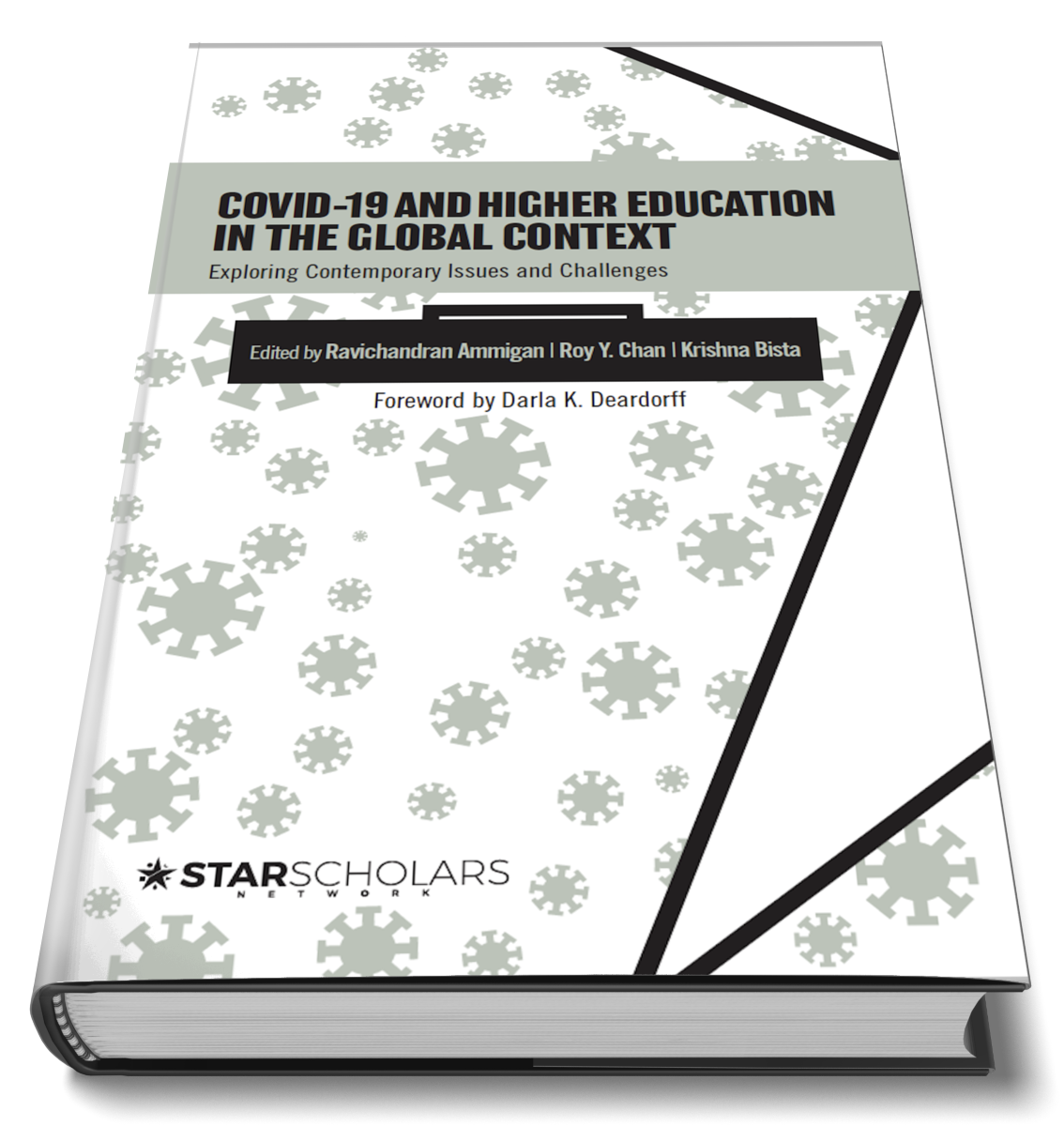Traditional Exams, 21st Century Employability Skills and COVID-19
Disruptive Opportunities for Rethinking Assessment Design in Higher Education
Abstract
High-stakes examinations have been a university tradition for nearly two centuries, due at least in part to a widespread perception that they offer validity, objectivity, and reliability in assessing learning. The disruptive COVID-19 crisis, however, has triggered shifts in thinking over whether university exams in an online environment hold the same rigor and authenticity—or even whether they still serve as a valid form of assessment for preparing students for postgraduate employment. This chapter examines those shifts against the backdrop of COVID-19 and examines the relationship between exams and enhancing graduate employability through three key skills: problem-solving, creativity, and critical thinking. Taking a global perspective, it reviews the current literature on these topics and considers alternative forms of assessment using practical examples that may provide more valid methods of improving postgraduate employability outcomes through more authentic realworld assessments. It ultimately argues that universities must seize the opportunities created by COVID-19 for widespread assessment reform and use this momentum for setting tasks that more closely reflect the types of skills needed for work in the post-pandemic world.
How to cite this chapter:
Kelly, A., Moore, C., & Lyons, E. (2022). Traditional exams, 21st-century employability skills and COVID-19: Disruptive opportunities for rethinking assessment design in higher education. In R. Ammigan, R. Y. Chan, & K. Bista, (eds), COVID-19 and higher education in the global context: Exploring contemporary issues and challenges (pp. 67-79). STAR Scholars. https://starscholars.org/product/covid-19-and-higed/

